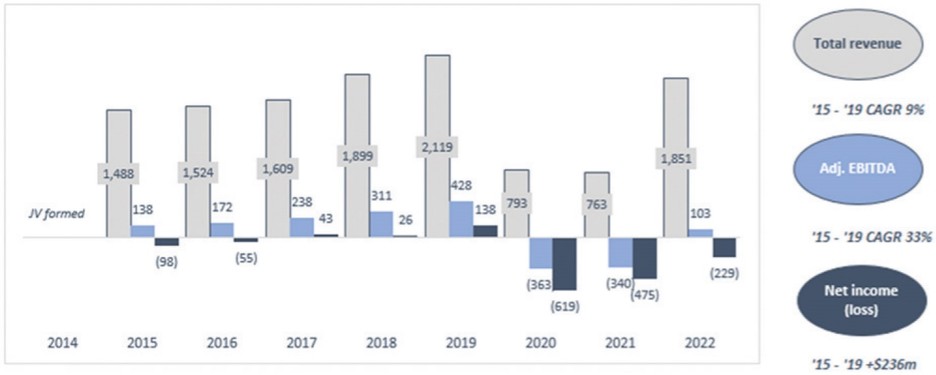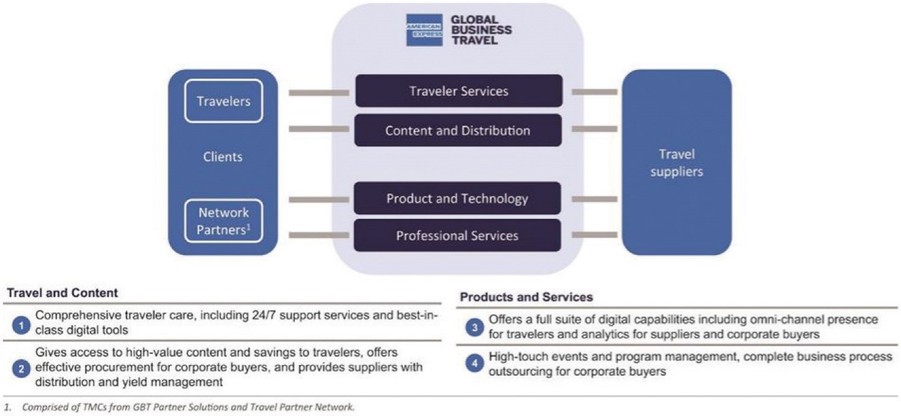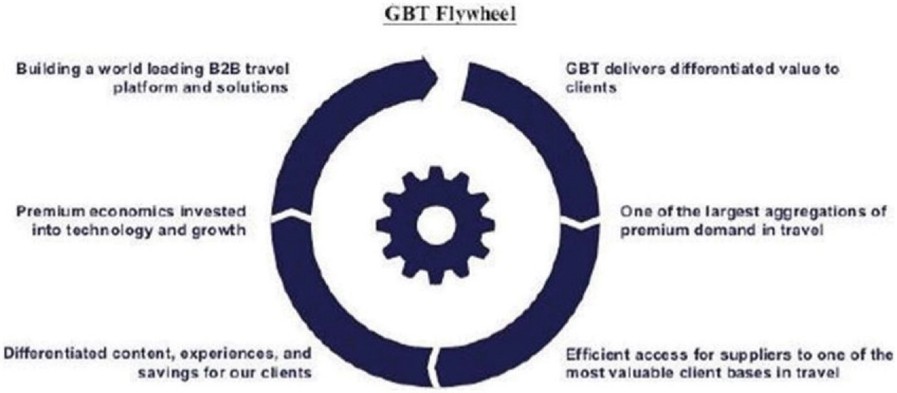regulatory and cost challenges to our UK and other international operations. Since some of the details of Brexit continue to unfold, we are unable to predict all of the effects Brexit will have on our business and results of operations.
In addition to the impact of the COVID-19 pandemic described above, other macroeconomic uncertainties beyond our control, such as oil prices, geopolitical tensions, consumer confidence, large-scale business failures, tightened credit markets and stock market volatility, terrorist attacks, changing, unusual or extreme weather or natural disasters such as earthquakes, hurricanes, tsunamis, floods, fires, droughts and volcanic eruptions (whether due to climate change or otherwise), travel-related health concerns including pandemics and epidemics such as COVID-19 and any existing or new variants, Ebola and Zika, political instability, changes in economic conditions, wars and regional and international hostilities, such as Russia’s invasion of Ukraine, the imposition of taxes, tariffs or surcharges by regulatory authorities, changes in trade policies or trade disputes, changes in immigration policies or other travel restrictions or travel-related accidents have previously and may in the future create volatility in the travel market and negatively impact client travel behavior. In addition, an increased focus on the environmental impact of travel could also affect the travel market and travel behavior. While we strive to promote our and our clients’ mutual commitment to a more sustainable future for business travel, if we are unable to find economically viable and/or publicly acceptable solutions that allow us to maintain our commitment to sustainability and net-zero emissions, we could lose business or experience reputational harm. In addition, we have incurred, and expect to continue to incur, additional expenses as we grow our operations as a newly public company. See “Risks Relating to Ownership of the Class A Common Stock — We have incurred significant increased costs as a result of being a newly public company, and our management will be required to devote substantial time to new compliance initiatives.”
As an intermediary in the travel industry, a significant portion of our revenue is affected by prices charged by our travel suppliers, including airlines, hotels and car rental companies. Events or weaknesses specific to a supplier industry segment could negatively affect our business. For example, events specific to the airline industry that could impact us include air fare fluctuations, airport, airspace and landing fee increases, increases in fuel prices, environmental impacts, seat capacity constraints, removal of destinations or flight routes, travel-related strikes or labor unrest, political instability and wars. Similarly, travel suppliers often face destination overcapacity issues and imposition of taxes or surcharges by regulatory authorities, which can lower their travel volumes and impact our revenue. During periods of poor economic conditions, airlines and hotels tend to reduce rates or offer discounted sales to stimulate demand, thereby reducing our commission-based income. A slowdown in economic conditions may also result in a decrease in transaction volumes and adversely affect our revenue and profitability.
While decreases in prices for flights and other travel products generally increase demand, such price decreases generally also have a negative effect on the commissions and other financial incentives we earn. The overall effect of price increases or decreases in the global travel industry is therefore uncertain.
The uncertainty of macroeconomic factors and their impact on client behavior, which may differ across regions, makes it more difficult to forecast industry and client trends and the timing and degree of their impact on our markets and business, which in turn could adversely affect our ability to effectively manage our business and could materially and adversely affect our business, financial condition and results of operations.
Downturns in domestic or global economic conditions, or other macroeconomic factors more generally, could have adverse effects on our results of operations.
While we make our strategic planning decisions based on the assumption that the markets we are targeting will grow in the long term, our business is dependent, in large part on, and directly affected by, business cycles and other factors affecting the global travel industry and the global economy generally. The global travel industry depends on general economic conditions and other factors, including consumer spending and preferences, changes in inflation rates, as the U.S. and various other major economies are now experiencing, consumer confidence, fuel costs, fuel availability, environmental impact, governmental incentives and regulatory requirements, and political volatility, especially in energy-producing countries and growth markets.
In addition, the outbreak of hostilities between Russia and Ukraine and global reactions thereto have increased U.S. domestic and global energy prices. Oil supply disruptions related to the Russia-Ukraine conflict, and sanctions and other measures taken by the U.S. and its allies, could lead to higher costs for gas, food, and goods in the U.S. and other geographies and exacerbate the inflationary pressures on the worldwide economy, with potentially adverse impacts on our customers and on our business, results of operations and financial condition.





